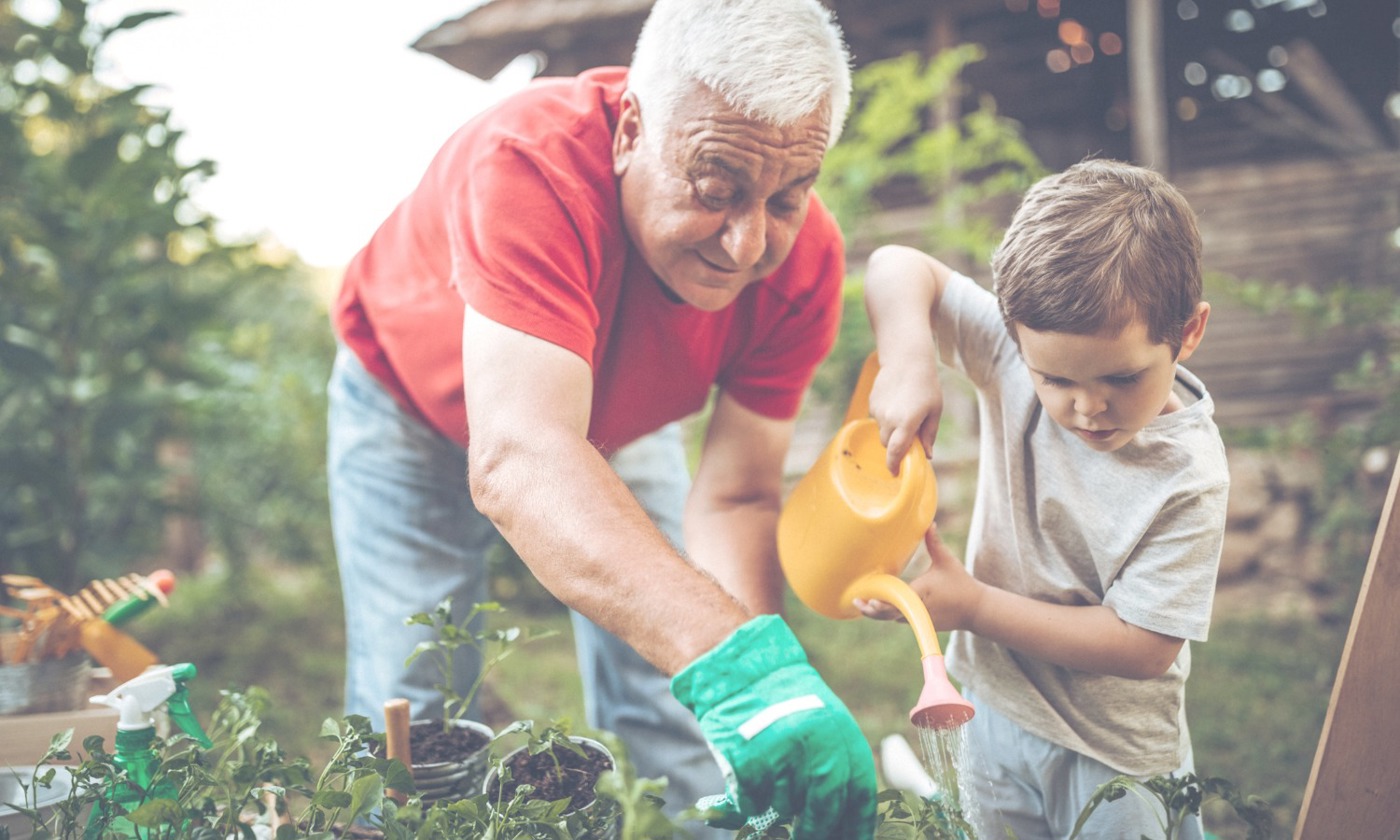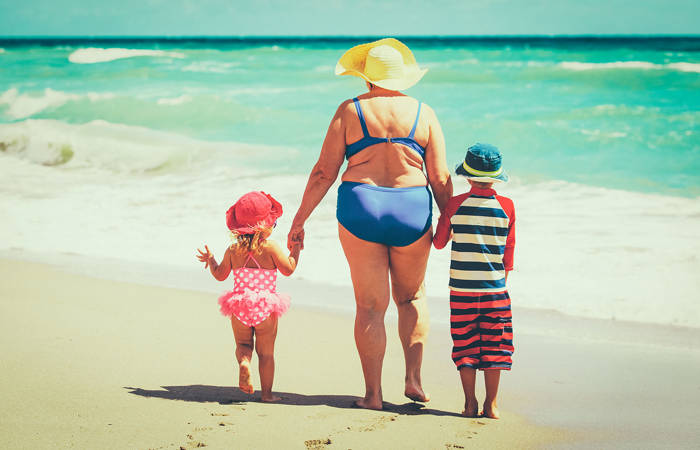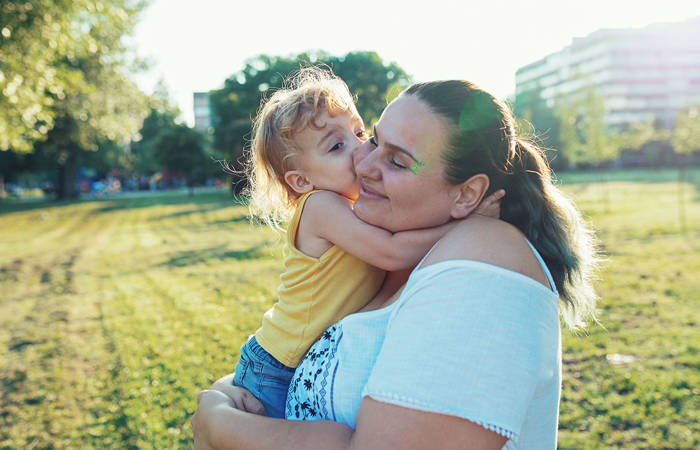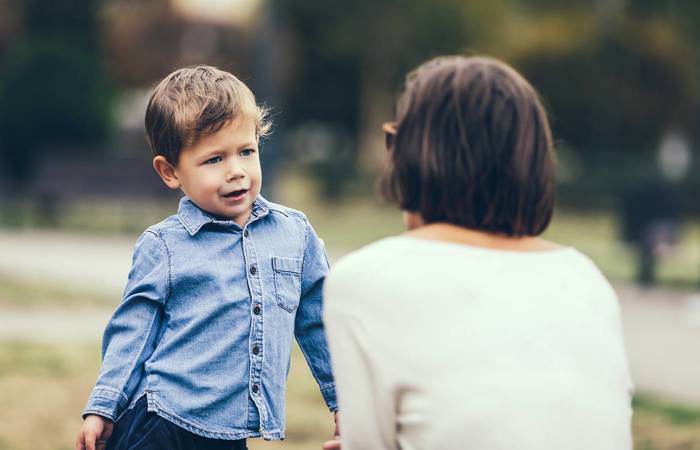Like what you see?
Sign up to receive more free parenting advice.
Thank you for subscribing to our newsletter!
Lifestyle
Grandparents have always played a vital role in a child’s life. Beyond the treats, cuddles and words of wisdom, grandparents have become increasingly indispensable as they take on a more visible role in raising the next generation.
As older generations continue to live longer and healthier lives, many are seeking opportunities to be part of their grandchildren’s lives. Some families are facing increasing pressures due to the rising divorce rate, an increase in single parenthood, rising cost of living and more mothers in the workforce.
On the flip side however, some grandparents are working longer and haven’t reached retirement or don’t have the leisure time to offer their children and grandchildren creating a void for families that needs to be filled.
Many families rely on grandparents as the main providers of ad hoc child care for babies and toddlers, as well as helping parents with early learning and school pick up and drop off when parents are working full time hours.
Research suggests that grandparent involvement in the lives of their children and grandchildren improves overall wellbeing for all concerned but the time spent together is important in moderating that impact.
The pandemic made it clear that grandparents play a crucial role in the lives of families, and their unavailability to provide informal child care was found to highlight a number of key gaps in formal child care systems.Professor Margaret Sims, Honorary Professor of Early Childhood at Macquarie University
Grandparents provide financial and practical support
According to Professor Margaret Sims, Honorary Professor of Early Childhood at Macquarie University, grandparents provide emotional support around parenting as well as financial and practical support in addition to child care.
“Lockdowns meant that parents were required, where possible, to work from home whilst simultaneously providing child care and supervising children’s schooling without the support of grandparents.”
Professor Sims claims the phrase ‘it takes a village to raise a child’ suggests that when we restrict child rearing to the nuclear family, we are doing children a disservice.
“Certainly, there is evidence that if grandparents are estranged from their grandchildren the child’s wellbeing is negatively impacted. Attachment research suggests that it is beneficial to children to form multiple attachments, that is to bond with more than their parents,” Prof Sims says.
“Many now focus on building circles of security around children to facilitate their emotional, psychological development and wellbeing.”
Should grandparents be expected to babysit?
However the pressure on grandparents to step in can have a downside.
“This pressure to engage in grandparental child care is associated with increased grandparent psychological distress. Greater care responsibilities are linked to increased risks of negative affect and heart rate variability, suggesting there is a balance each family needs to seek to ensure the wellbeing of all members,” Professor Sims says.
There are also some families that might feel the grandparents in their lives are too over-bearing, insisting on spending more and more time with the grandchildren. Professor Sims says families from different cultures often have different expectations in regards to intergenerational relationships.
“In China, for example, it is not uncommon for multigenerational families to live together in the same dwelling, and in these circumstances grandparent involvement in child rearing is expected as the norm,” Professor Sims says.
“Mothers generally experience a better quality of life in these circumstances. However, power differences between the generations makes it important for parents to carefully negotiate their relationships. In other cultures, the expectations are very different and it is not uncommon for families to exclude grandparents or attempt to limit their involvement."
Tammi, 36, is the mother of three children under the age of six. Both Tammi and her partner work full time and are rarely able to pick the children up from day care and pre-school. Tammi says she would have trouble coping without her mother’s help.
“My mother is amazing and she not only helps care for the kids, she also helps with cooking and cleaning. But she is now 73 and I worry about her own health. She has already done a great job raising my brother and I, and I know that when my father died, my mum was looking forward to taking on a bigger role as a grandparent,” Tammi says.
“I know she feels torn between wanting to enjoy her retirement and also wanting to help me and spend the majority of her time with her grandchildren. She knows how grateful I am to her but I feel guilty that I am putting pressure on her to help more than she really should. The plus side is my kids are so lucky to have her love and attention when I’m not around. We are so lucky to have her and I try to make her feel like she isn’t being taken for granted.”
There’s little doubt that, in a perfect world, the benefits of grandparents in a child’s life is something many parents would see as invaluable. Professor Simms says grandparent involvement can, in some cases, relieve the impact of a negative family environment on children.
“Supportive grandparent-parent co-parenting can mitigate, to some extent, the impact of abusive family environments on children, as well as child behaviour problems and a range of child mental health concern. In all families, involvement of people outside the parents provides children with a range of attachment figures that lowers the risk of emotional and psychological damage should any attachment figure become unavailable, such as through death,” Prof Sims says.
The benefits of grandparent involvement in family life, in ideal circumstances, can include:
- Improved health and wellbeing for all stakeholders
- Financial support
- Emotional/social/psychological support
- Better developmental outcomes for children
And, for any children that don’t have a grandparent in their life, either due to death, estrangement, or by living far away, Professor Simms says other people can still be used to establish a circle of security.
“The relationships don’t have to be with biological grandparents if these are unavailable. I think there is value in parents establishing a circle of security around their children so there are multiple others who know the children well, who have strong relationships with the children and who can step in and provide whatever support is needed,” Professor Sims says.
“This might involve emotional, financial or practical support to parents to lower parental stress levels and thus enable parents to function more effectively as parents.
“It might include child care (babysitting, overnight or weekend stays) which not only provide stress relief for parents but give children opportunities to have different experiences. For example, rules and expectations are often different in parental vs grandparental homes and it benefits children to learn how to modify their behaviour to meet different standards, learning to read the context and adjust their behaviour accordingly.”







